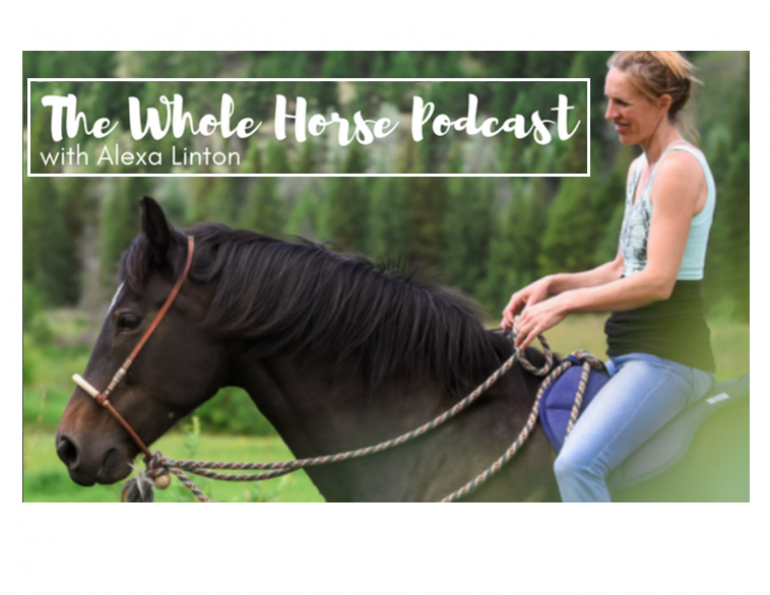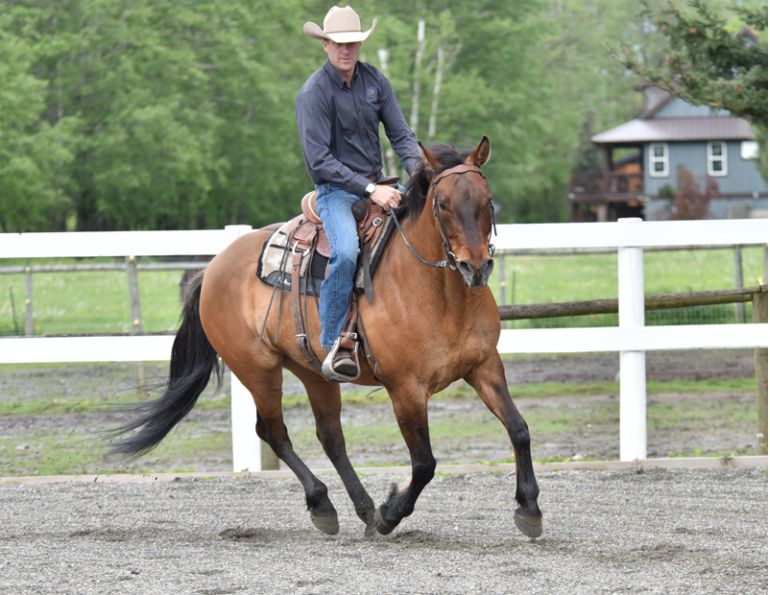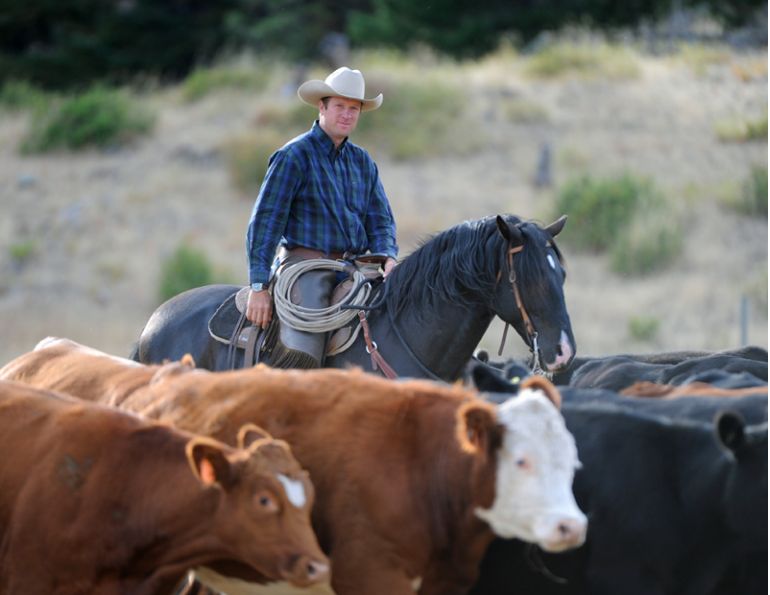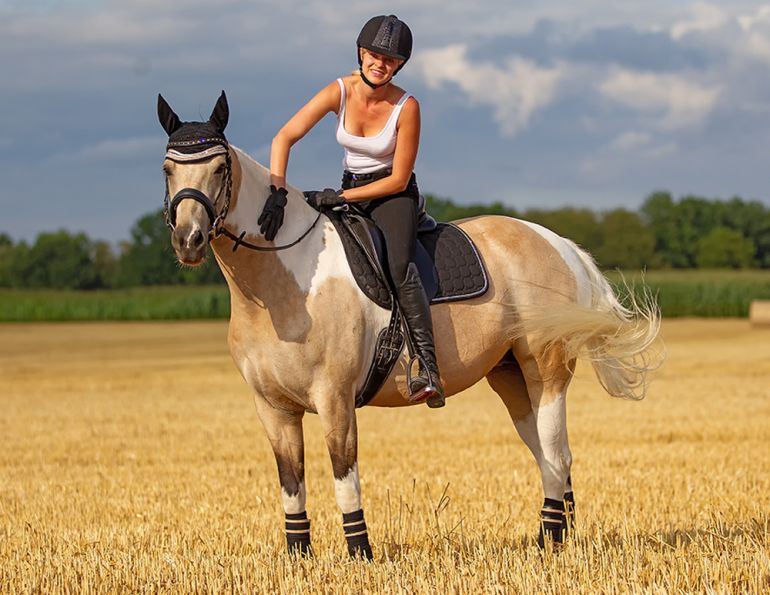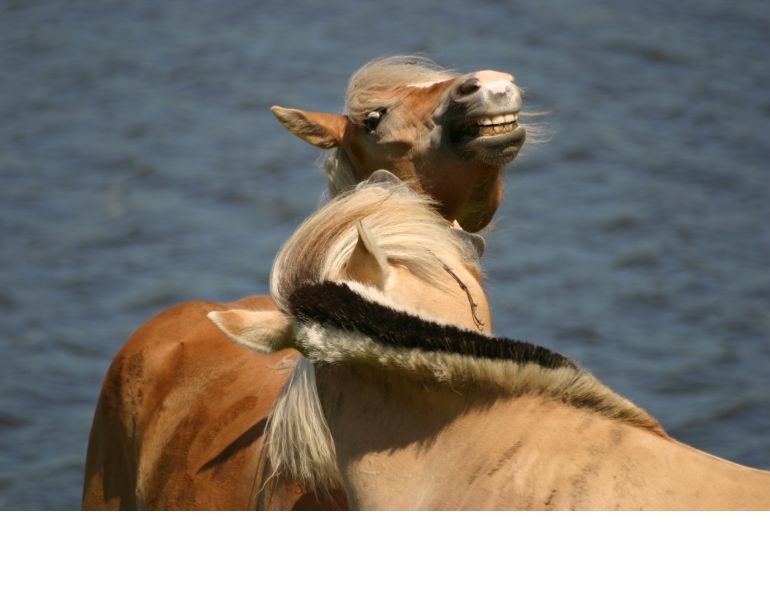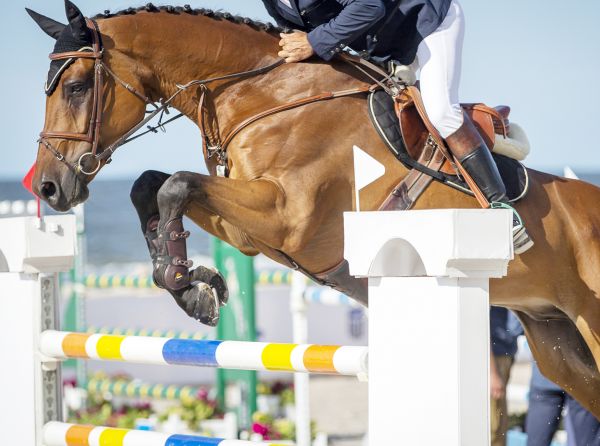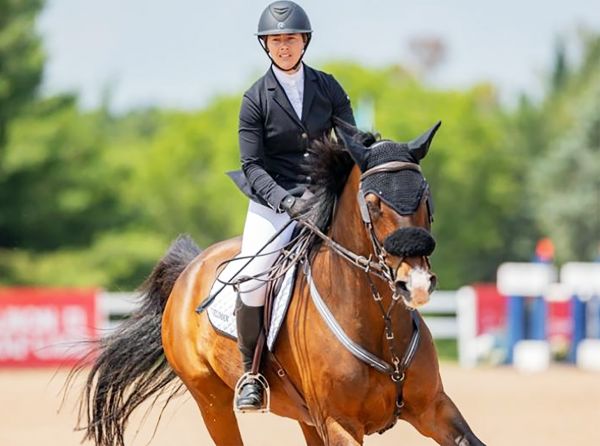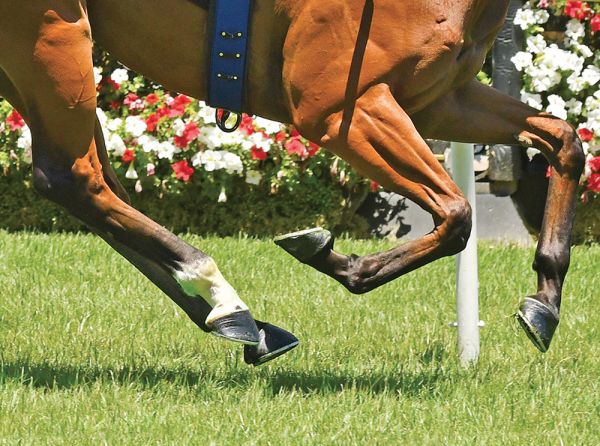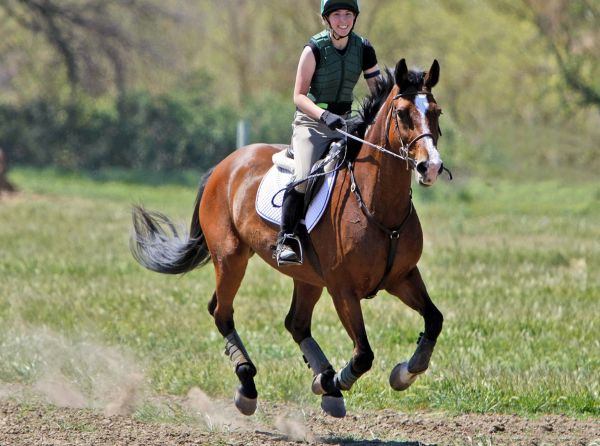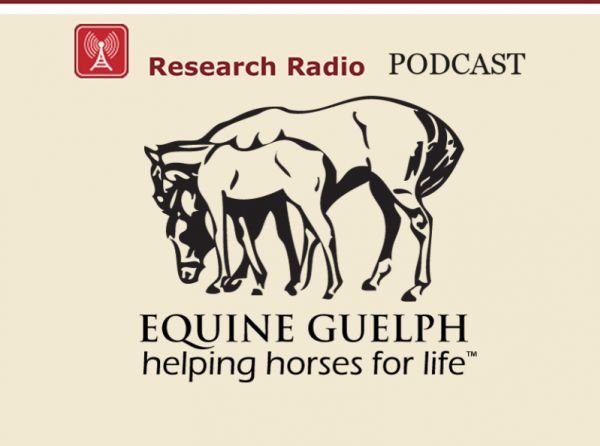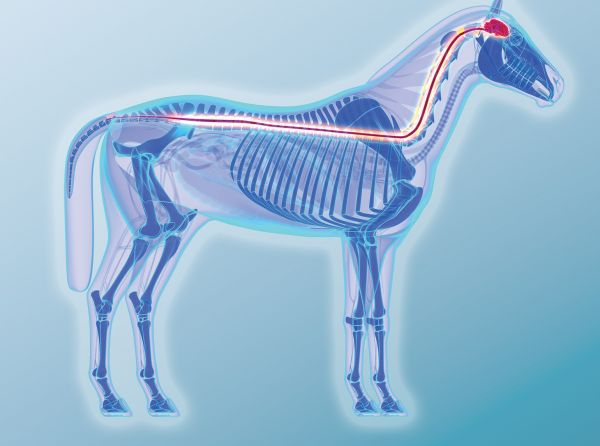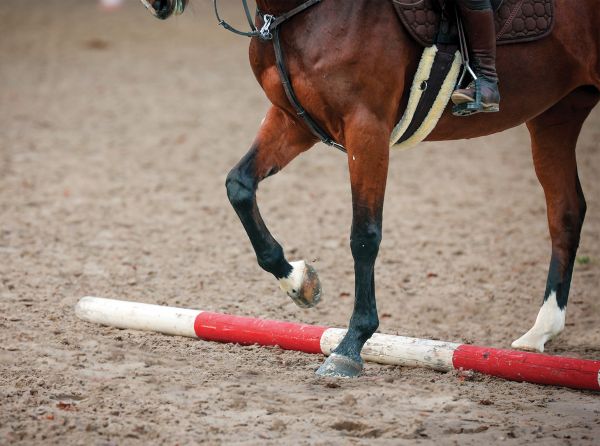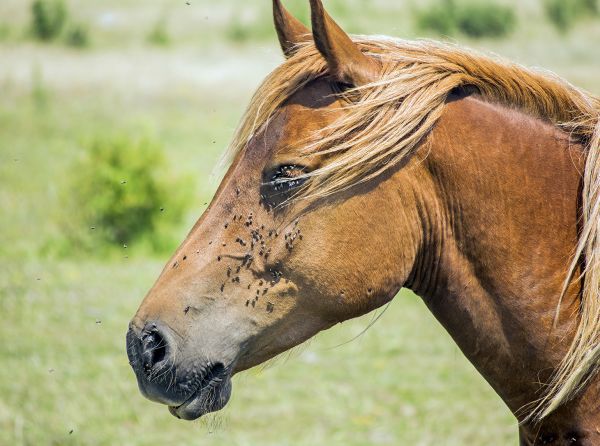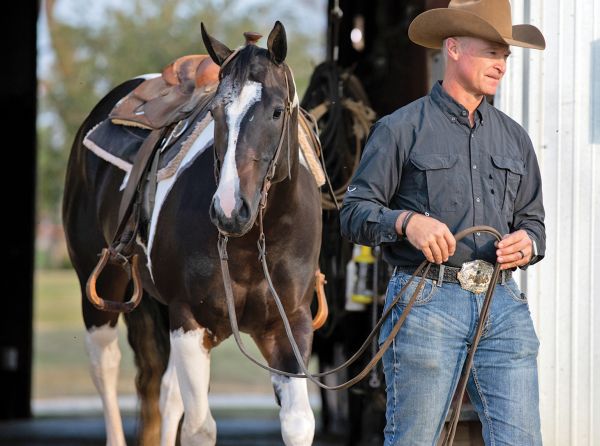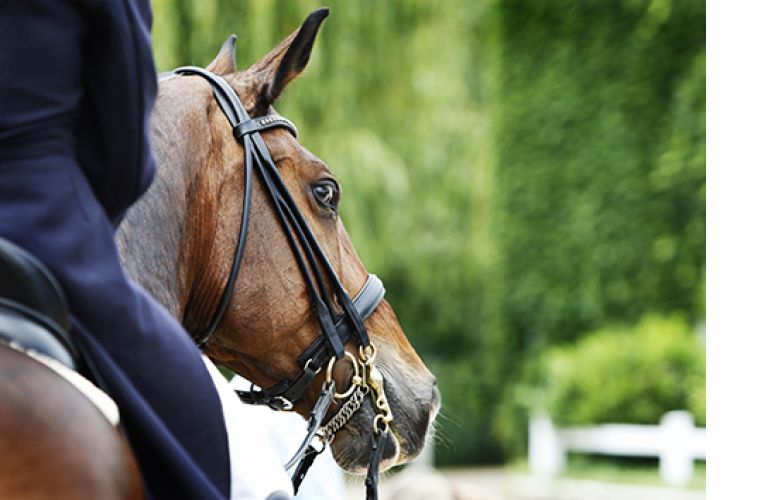By Will Clinging
The speed of horse training differs from horse to horse and from trainer to trainer. As a trainer I am convinced that the slower you train, the faster horses learn. Not only do they learn faster, they learn with confidence. These factors will contribute to, or detract from, the progress your horse makes in training. When sending a horse out for training there is usually an established time frame within which the trainer should be able to show a reasonable amount of progress. Is it realistic to expect the same amount of progress if you are training your own horse? Is it important to see the same kind of progress?
There are trainers who perform demonstrations that are amazing in how much they get accomplished in a single session. These demonstrations often use young horses with fragile minds. During my own demonstrations, I try to qualify that sometimes several weeks’ worth of training occurs in 90 minutes. It is important to note that although the horse performed what was asked of him, there are often shortcuts taken that give the perception that a horse can be safely started in one lesson. Sometimes the lessons introduced during a demonstration can take weeks or even months to become consistent. It is unrealistic to expect a horse to continue to learn at that pace without mentally shutting down.
I see many people frustrated because their horse is not coming along quickly. I see other people missing important basics to get a maneuver accomplished. Some people feel obligated to try and achieve too much in a lesson because they have seen a professional accomplish “miracles” in an hour.
Training a horse should take a lifetime. It is the continuous process of accepting and rejecting information that at times will be rewarding and other times, very frustrating. What is the rush to get your horse broke, and really what is a broke horse?
If you enjoy the exercise of training and encourage your horse to try to be a little better each day, one day he will do all you ask of him. If you employ coercive methods or overwhelm your horse with information, however kindly presented, the training will develop holes. The horse will learn only bits and pieces of everything you taught and there will be situations that he cannot reliably deal with.
Slowing the process down to a pace that is honestly achievable by you and your horse will usually produce longer lasting results. There should be no pressure to teach your horse things at the same pace as any other trainer. Enjoy the training process for what it is. Remember that improvement is just that: improvement. Be encouraged by the little things your horse does for you.
Every maneuver a horse performs for us has several parts. If the parts are taught slowly and correctly, when they are assembled the maneuver as a whole will take care of itself. If the polished maneuver is not working, correcting the maneuver itself will not fix it. It is one or more of the parts that is not working and therefore cause the finished product to be less than perfect. When the maneuver is taught too quickly, the horse’s confidence will suffer. A horse that lacks confidence will continue to be incorrect. Allow the horse to feel good about accomplishing something. Lowering your expectations may encourage your horse to continue trying, and a horse that tries is a horse that will learn. If things are too difficult because the end result is more important than the process, your horse might quit. When things are never good enough, the horse can get discouraged and start to make more mistakes. Rushing your goals will make those goals unrealistic. Unrealistic goals will become unattainable.
When you are training your horse, take the time to evaluate his progress. Is he better than he was? Is he worse than he was? Either way, you must take responsibility. Are you discouraged by his lack of progress or pleased with his effort? If you can keep your approach slow and steady, you are more likely to be satisfied with slow and steady progress. If you want it all right now, there are not too many horses out there that will satisfy you. Enjoy the process!
Related: Riding the Green Horse: What to Do When Things Go Wrong





